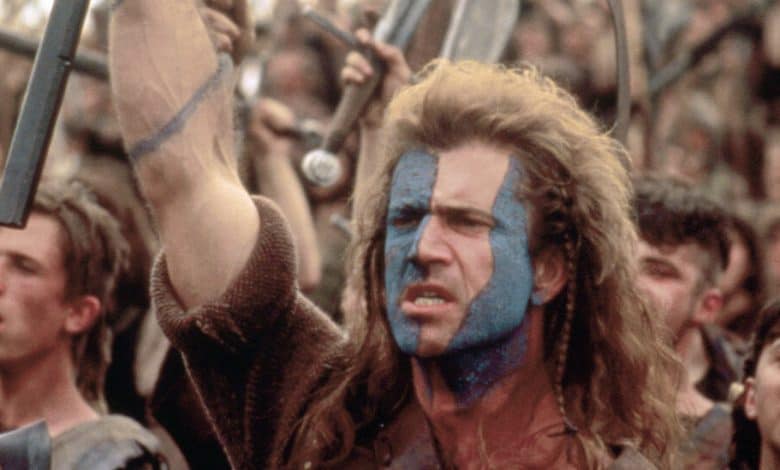‘Braveheart,’ ‘Grandpa,’ ‘Trumpster’: MAGA in 7 Keywords

The purpose of an American political convention, at least the parts broadcast to the public, is to find a universal language that will advance a particular ideology. In that respect, many of the speeches in Milwaukee this week sounded, well, conventional. Controversial positions having to do with economics, immigration, abortion and the law were wrapped in concepts that nobody could possibly oppose: freedom, security, hard work, unity.
That wasn’t all of it, of course. Appeals to hope and optimism collided with visions of carnage and chaos. Blaming polarization on the other side is itself polarizing. Such contradictions are integral to the language of politics. A party is, among other things, a machine for the production of meaning — an evolving system of metaphors and myths, idioms and catchphrases. The Republican convention, which provided a portfolio of memorable (or at least memeable) images, was borne on a typhoon of words. So many words!
Some, like those noted above, were standard empty signifiers of public discourse. Others — “inflation,” “E.V. mandate,” “school choice,” “woke indoctrination” — carried a clear message to the base. But politics doesn’t speak only the language of policy and platitude. It has its own poetry, a lexicon of complex words that call out for interpretation. Here are a few — a partial, provisional glossary of Republicanism eight years into the Trump era.
Again
When the MAGA movement was born during the 2016 campaign, it was possible to wonder about the specific meaning of the last word. When had America been great, or not been great or stopped being great? This time around, the answers were obvious, and hammered home at every opportunity. A golden age had commenced on Jan. 20, 2017, and ended abruptly four years later. Summoning it anew involved expanding the slogan: On successive nights, speakers promised that Donald Trump would make America prosperous, safe and strong … again. The way it had been in Trump’s first administration, which is more or less when history began. On the last night, the original formula was tweaked to “Make America Great Once Again,” which doesn’t yield an easily pronounceable acronym (MAGOA?) and suggests a certain weary determination. Renewal or eternal recurrence? Here we go, again!
Braveheart
In his brief speech on Monday evening, Mark Robinson, the lieutenant governor of North Carolina, twice referred to Trump as “the Braveheart of our time.” Whether or not this phrase sticks, it reveals a lot about how Trump loyalists view Trump, and therefore about the nature of Republican populism. William Wallace, the 13th-century Scottish warrior played by Mel Gibson in “Braveheart” (which he also directed), is a man of the people battling corrupt elites, and a nationalist repelling foreign invaders, an avenger, a martyr and a quasi-messiah. It’s worth mentioning that “Braveheart,” admired as a rousing action adventure, is also notorious for its historical inaccuracies.
Class
Republicans, who used to accuse Democrats of class warfare, now paint their opponents as elitists and present themselves as the party of the workers. Union officials spoke from the stage. The vice-presidential candidate excoriated “America’s ruling class.” At times, this sounded less like the party of McKinley, Eisenhower, Bush or Romney than the party of Eugene V. Debs, even if the man at the top of the ticket is a celebrity boss.